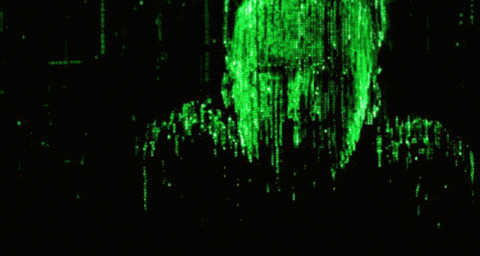The Matrix, released in 1999, was more than just a groundbreaking science fiction film; it had an immense impact on the world of technology. Directed by Lana and Lilly Wachowski, this movie introduced us to a virtual reality where humans were connected through a shared digital space called "The Matrix." The concept of a simulated reality has since inspired countless innovations in fields like artificial intelligence (AI), augmented reality (AR), and virtual reality (VR).
In the realm of AI, the idea presented by The Matrix - that machines could create an entire world for humans to live within - led researchers to explore how computers can learn from human behavior patterns. This has resulted in advancements such as machine learning algorithms capable of predicting consumer preferences based on past purchases or even recognizing speech through voice recognition software.
When it comes to AR and VR, The Matrix showed us what could be possible if we were able to fully immerse ourselves within a digital environment. Today, companies like Facebook (Oculus) and Sony are investing heavily in developing next-generation headsets that promise to transport users into entirely new worlds. These technologies have already found applications across various industries including gaming, education, healthcare, and even real estate where virtual tours of properties are becoming increasingly popular.
In conclusion, The Matrix has left an indelible mark on technology by challenging our understanding of reality itself. Its influence can be seen in everything from AI-powered personal assistants like Siri or Alexa to the burgeoning fields of AR and VR. As we continue to push the boundaries of what's possible with these technologies, it's clear that The Matrix will remain a seminal work for generations to come.
